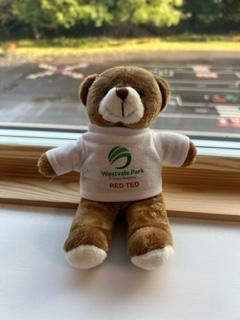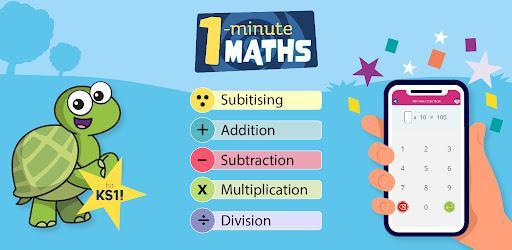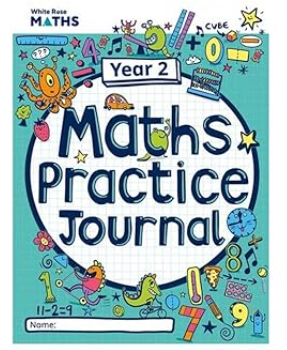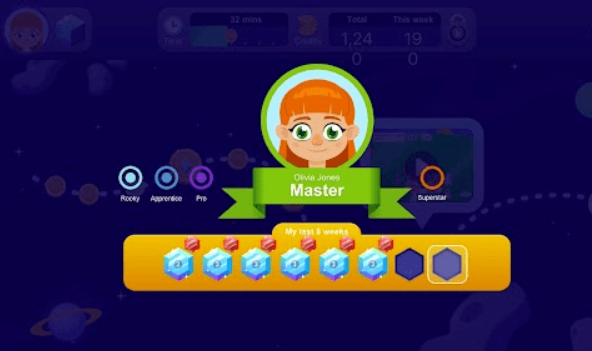Home Learning
At Westvale Park Primary Academy, we believe that learning is most effective when it is reinforced both at school and at home. Our approach to home learning is not to introduce new concepts, but to strengthen and consolidate the skills children have already been taught in class. This allows pupils to revisit, practise and embed their understanding, helping them to grow in confidence and independence. Research, and our own experience, show that children make more rapid and sustained progress when their learning is supported by parents and carers at home. By working in partnership, we can ensure that every child has the best opportunity to succeed.
Reading is the key that unlocks all learning. Here is how you can support your child at home:
Reading Eggs makes learning to read interesting and engaging for young children, with great online reading games and activities. And it really works! Children love the games, songs, golden eggs and other rewards which, along with feeling proud of their reading, really motivate children to keep exploring and learning.
Certificates are given out weekly in assembly to celebrate their achievements in school.
Learning to read can be easy and fun!

For your child's username and password, contact the class teacher – these are usually stuck in Reading Records.
RED TED
Read Every Day, Talk Every Day
What is the Red Ted reward scheme?
The Red Ted reward system has been designed to encourage children to read at home and is centred around a teddy called RED TED, because we want children to Read Every Day and Talk Every Day.
Why have we introduced this scheme?
Reading at home is one of the most important ways in which you can help your child. At school, we can teach children the skills they need to decode words, but to consolidate these skills and grow more confident, they need lots of practice. Children who read with their families develop these skills much more quickly and develop a love of reading that can last a lifetime. At Westvale Park we recognise the really important role parents have and want to support this in every way we can, and we hope this scheme will really motivate children to read at home.
How does it work?
The scheme is very simple. All children have to do is read their school reading book at home and have their Reading Record Book signed by an adult. We recognise the importance of all reading experiences, like bedtime stories, but for the purposes of our scheme, we only reward them when children read their school reading book (found in their book bags). The Reading Record book will be checked, and the child will be moved up the class reading race display so that we can keep track of when children are due rewards. 
EYFS & Year 1 Rewards
-
20 reads - bronze certificate
-
30 reads - a pencil
-
40 reads - a bookmark
-
50 reads - silver certificate
-
60 reads - Red Ted teddy bear
-
75 reads - gold certificate
-
100 reads - a teddy bears picnic at the end of term
-
150 reads - a new book from Red Ted's shelf in the Library
-
Children will then receive a book for every additional 100 reads recorded in their reading records.

In Year 2 each child is given their own login details. The school AR portal can be found here.
Year 2:
Children receive a certificate for every 6 quizzes they pass. Each child has a target of 24 quizzes over the course of the academic year. Every quiz passed contributes towards the class’s points total. Once the class quiz target has been achieved, every child in the class receives a whole class reward (e.g. bring a teddy to school day, mufti day, pyjama day). A vibrant reading display helps children track their progress towards their Accelerated Reader target.
Year 3 – 6:
Each reading book has a point value. Children receive a certificate for every five points achieved. Each child has a target of 10 to 15 points per school term, depending on their year group. Every point a child earns contributes towards the class’s points total. Once the class points target has been achieved, every child in the class receives a whole class reward (e.g. bring a teddy to school day, mufti day, pyjama day). A vibrant reading display helps children track their progress towards their Accelerated Reader target.
- AR Parent Guide
- Supporting your child with early reading:
How to pronounce the sounds: use this video to support your children at home.
- handwriting phrases.pdf
- Parent FAQs.docx
- ten_top_tips.pdf
- Maths Home Learning
- One Minute Maths
Download the free App (also available on desktop) and start supporting your child with their mathematical fluency. One Minute Maths supports our White Rose maths curriculum.

Times Table Rock Stars
Times Tables Rock Stars is a carefully sequenced programme of daily times table practice.
You will receive your child's online login details from their Year 2 teacher onwards. Speak to your child's class teacher if you need another copy. We will celebrate time spent on TTRS, alongside our annual TTRS dress up day, interclass competitions and Gone Green badges.

Year 2 and 3
Children will be given a White Rose Practice Journal at the beginning of the year. Each week, teachers will set pages for children to complete at home. These activities are designed to consolidate the learning covered in class that week. Parents are not expected to teach new content – the journals simply provide extra practice and reinforcement.

Year 4 and 5
At the beginning of the year, children will be given their login details for Whizz Maths. This online programme uses AI tutoring to provide each child with a personalised learning journey. It helps to close any gaps in understanding while also allowing children to excel at their own stage. Teachers will monitor progress in school, and children are encouraged to use Whizz Maths regularly at home to support their learning.

Spellings
From Year 1 onwards, children will be given weekly spellings to learn. These are recorded in their spelling journals, which should also be used for practice at home. We ask parents to support their child by testing them on these words during the week. The following week, children will be tested in class. Those who achieve full marks will receive a spelling sticker, and their score will be logged in their journal for parents to view. The number and level of spellings are adapted according to each child’s age and stage.
